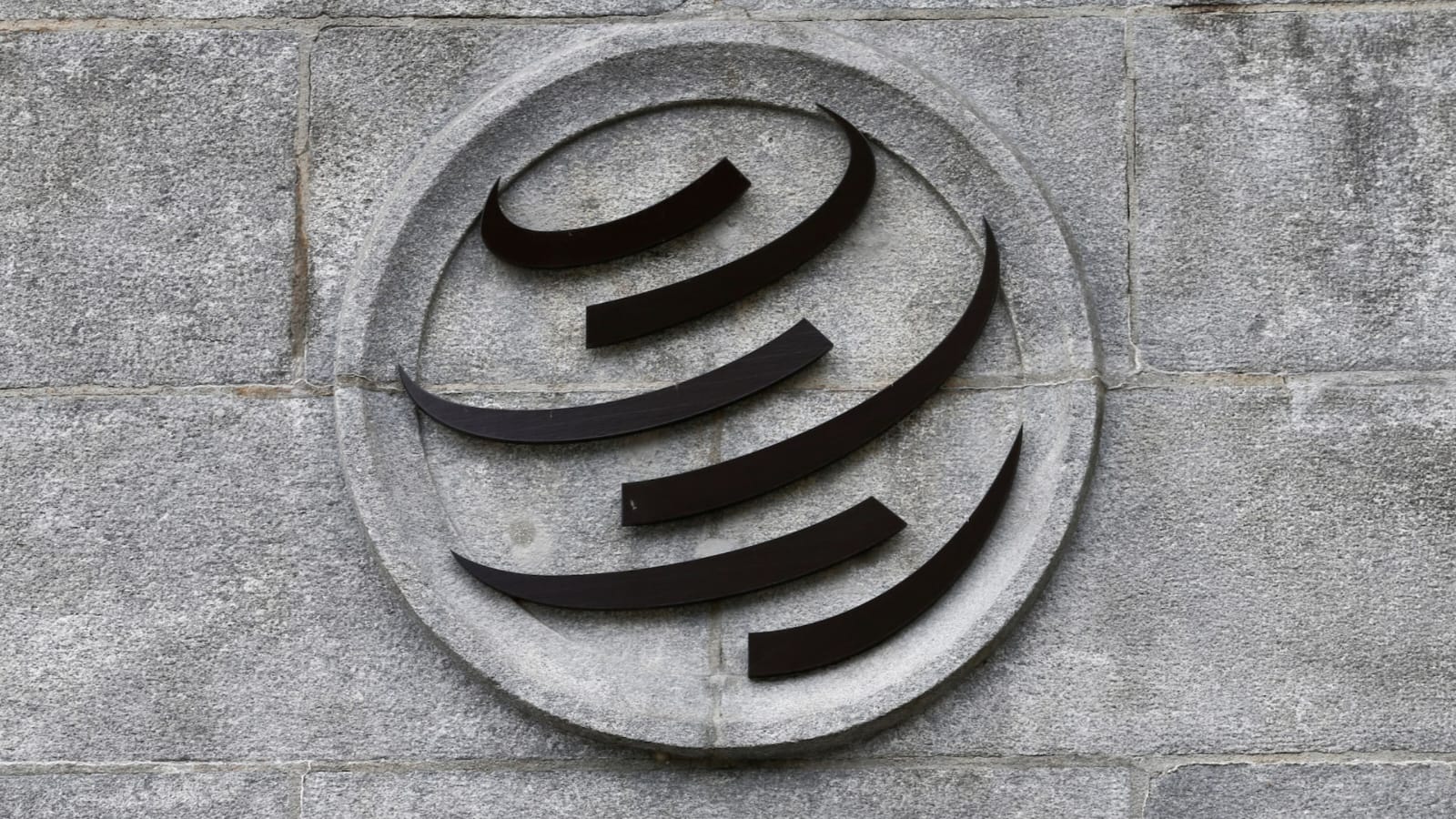India Halts Water Flow to Pakistan Amid Rising Border Tensions

Water Becomes a Strategic Lever in South Asia
Prime Minister Narendra Modi’s announcement to halt the flow of India’s water that once streamed into Pakistan marks a new phase in the already fraught relationship between the two nuclear-armed neighbors. The declaration comes just days after India suspended a critical water-sharing agreement, intensifying concerns across diplomatic, agricultural, and security sectors.
The suspension of water flow is widely perceived as a retaliatory measure following a violent attack in Indian-administered Kashmir, which New Delhi claims was orchestrated with Pakistani support. The latest developments have further strained bilateral relations and ignited fears of water being used as a weapon in one of the world’s most geopolitically sensitive regions.
Modi’s Warning: Redirecting Water for India’s Interests
In a strongly worded address in New Delhi, Prime Minister Modi emphasized the redirection of water resources to meet domestic needs. Without directly naming Pakistan, Modi underscored a policy shift in India’s approach toward shared river systems.
“India’s water used to go outside, now it will flow for India,” Modi declared. “India’s water will be stopped for India’s interests, and it will be utilised for India.”
This statement came just days after India announced its decision to suspend participation in the 65-year-old Indus Waters Treaty, an agreement crucial to Pakistan’s water-dependent agriculture and population centers.
Background: The Indus Waters Treaty and Its Fragility
The Indus Waters Treaty, signed in 1960 and brokered by the World Bank, allocates water from six rivers between India and Pakistan. Under this pact, Pakistan has rights to the western rivers—Indus, Jhelum, and Chenab—while India controls the eastern rivers—Ravi, Beas, and Sutlej.
For decades, this treaty stood as a rare example of cooperation between the two nations, even amid wars and diplomatic standoffs. However, Modi’s recent stance signals a turning point, where water security has emerged as both a strategic resource and a geopolitical pressure point.
Escalating Hostilities After Kashmir Attack
The latest deterioration in relations was triggered by a deadly attack on tourists in Kashmir, which India blames on Pakistan-backed militant groups. Since April 24, there have been nightly gunfire exchanges along the Line of Control, with tensions mounting rapidly.
India’s suspension of its obligations under the Indus Waters Treaty was widely interpreted as a direct response to this act of violence. Although Modi’s speech did not name Pakistan, the implications were unmistakable, especially given the broader context of Indo-Pakistani hostilities.
Pakistan Reacts: Tampering with Rivers Called “Act of War”
In response to India’s announcement, Pakistan issued a stern warning, declaring any interference with its rivers as tantamount to war. Islamabad highlighted changes in the flow of the Chenab River, claiming India had already begun manipulating river levels.
“We have witnessed changes in the river (Chenab) which are not natural at all,” said Kazim Pirzada, Pakistan’s irrigation minister for Punjab province. “One day the river had normal inflow and the next day it was greatly reduced. This is being done so that we don’t get to utilise the water.”
Punjab, Pakistan’s largest and most agriculturally important province, relies heavily on the Chenab River for irrigation. Alterations to its flow would pose serious risks to food production, water availability, and rural livelihoods.
Technical Realities: Can India Actually Stop the Flow?
While Modi’s rhetoric is assertive, water resource experts argue that India’s existing infrastructure cannot completely block or divert river flows into Pakistan. Current dam systems like Baglihar and Salal only allow regulation of water timing—not full redirection.
India can alter the release schedules, potentially causing delays or surges in flow downstream. However, to fully stop or reroute water would require major investments in new reservoirs, dams, and canals—a long-term undertaking with legal, environmental, and political consequences.
Nevertheless, such regulation still poses a substantial threat to Pakistan, particularly if it affects seasonal irrigation cycles critical to crop planting and harvesting.
Growing Global Alarm Over Weaponizing Water
The international community has long viewed the Indus Waters Treaty as a cornerstone of South Asian stability. The move to suspend the agreement introduces significant uncertainty into a region already burdened by conflict, economic volatility, and climate change.
Water scarcity is a rising global concern, and the weaponization of shared water resources represents a dangerous precedent. Experts warn that the escalation of water-related tensions could push both India and Pakistan into further conflict, potentially involving other stakeholders in the region and beyond.
Domestic Political Calculations Behind Modi’s Announcement
Modi’s decision to suspend water sharing is not just a strategic response to perceived cross-border aggression—it also serves a domestic political agenda. Water shortages and agricultural crises affect large swaths of India, making the redirection of river water a potent political issue.
Positioning himself as a protector of national interests, Modi has galvanized public support through nationalist messaging. Redirecting water to Indian fields and reservoirs is being portrayed as an assertion of sovereignty and strength, especially with national elections on the horizon.
Agricultural Implications Across the Border
In Pakistan, particularly in Punjab province, the implications of reduced water flow are grave. Known as the country’s agricultural heartland, Punjab feeds much of Pakistan’s population and supports a significant portion of its economy.
Any disruption in the Chenab River’s flow can have cascading effects—affecting not only irrigation but also drinking water supply, livestock farming, and food processing industries. Pirzada has warned that the greatest impact will fall on areas with limited alternative water routes, which are already vulnerable to drought and water stress.
The government has pledged to monitor river patterns closely and seek international support if India’s actions continue to disrupt normal water availability.
Diplomatic Fallout and International Reactions
Although the World Bank has not officially responded to India’s treaty suspension, global observers are calling for restraint. International legal experts caution that modifying or halting river flows without mutual agreement could violate international norms and lead to litigation in global forums.
Some analysts suggest that back-channel diplomacy may still avert a full-scale water war, but both governments appear entrenched in their positions. For now, diplomatic dialogue remains frozen, and bilateral relations have reached one of their lowest points in recent years.
Environmental Considerations: Beyond Politics
Environmentalists warn that altering natural river flows could harm ecosystems that have evolved around stable water patterns for decades. River biodiversity, groundwater recharge, and wetland sustainability could all be disrupted by the abrupt regulation or restriction of flow.
Additionally, changes in seasonal flooding, silt transport, and water temperature may affect fish populations and farming communities dependent on traditional ecological cycles. Both India and Pakistan face mounting pressure to balance national security with environmental sustainability in their river management strategies.







